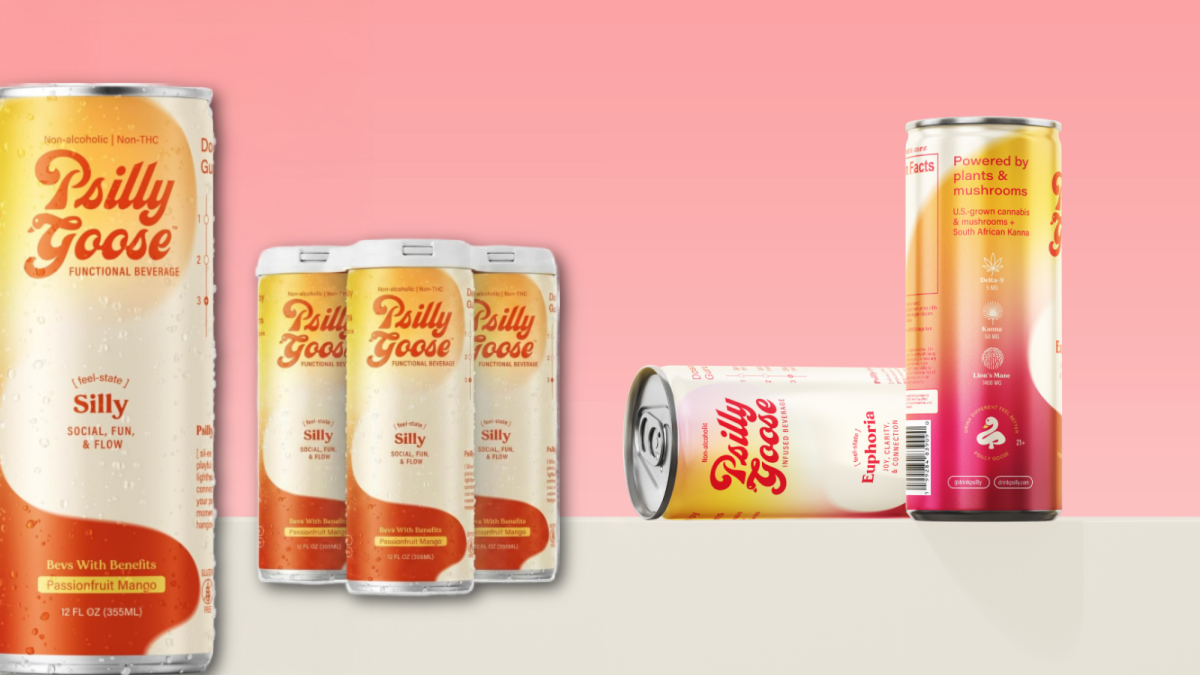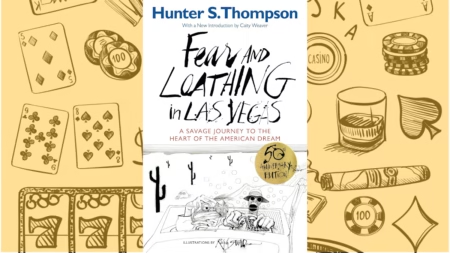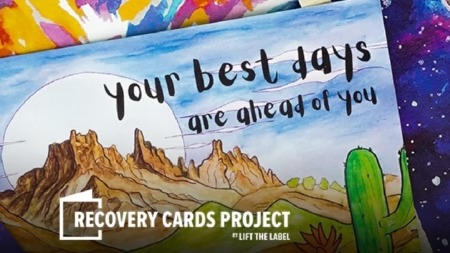Addiction fiction isn’t just about substance use disorders; it’s about people — their choices, their pain, and their growth. At The Sober Curator, we review books that illuminate the dark corners and unexpected beauty of life on the edge. And now, as cool, hipster-style reading events with no phones or tech are popping up across the country — think candlelit book clubs, silent reading parties, and unplugged literary gatherings — addiction fiction is finding a whole new audience. These events give readers the chance to slow down, connect in person, and experience powerful stories together, away from screens.

Why Addiction Fiction Matters
Reading addiction fiction can be both entertaining and therapeutic. Well-written stories let us live inside another person’s struggle — their mistakes, relapses, breakthroughs, and resilience — from a safe distance. For people in recovery or curious about sobriety, these novels provide a way to process difficult emotions, gain new perspectives, and feel less alone. For everyone else, they offer compelling, human-driven storytelling that deepens empathy and understanding.
Reviewed Addiction Fiction Books (with Sobees Ratings)
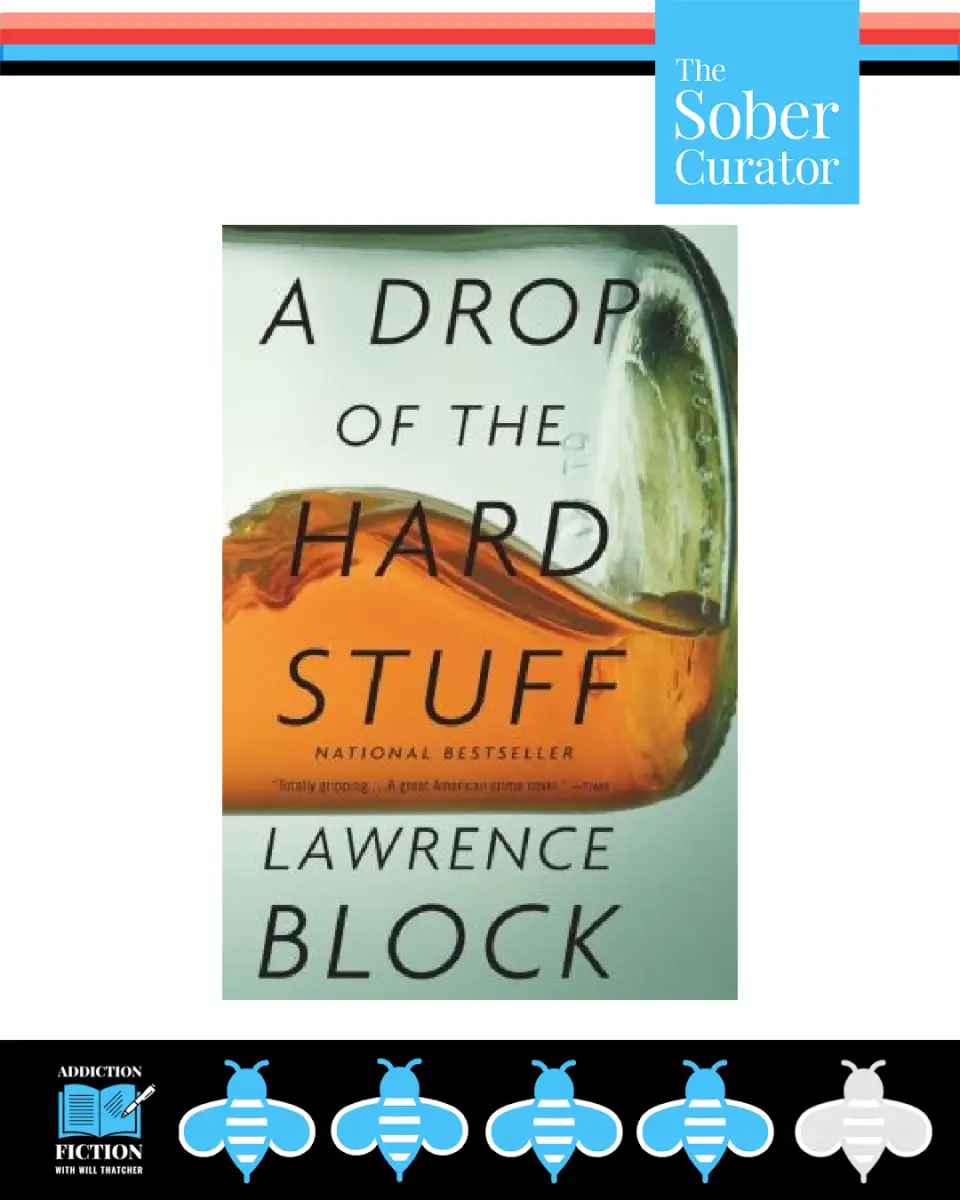
A Drop of the Hard Stuff — Lawrence Block
(Sobees: 4) — A gritty, morally complex mystery that explores the cracks in a recovering addict’s world. Block captures the tension between relapse and recovery with sharp, emotionally raw prose.
Before She Disappeared — Lisa Gardner
(Sobees: 4) — This thriller weaves themes of loss, trauma, and dependency. It’s a page-turner that also asks: how far would someone go to keep a secret buried?
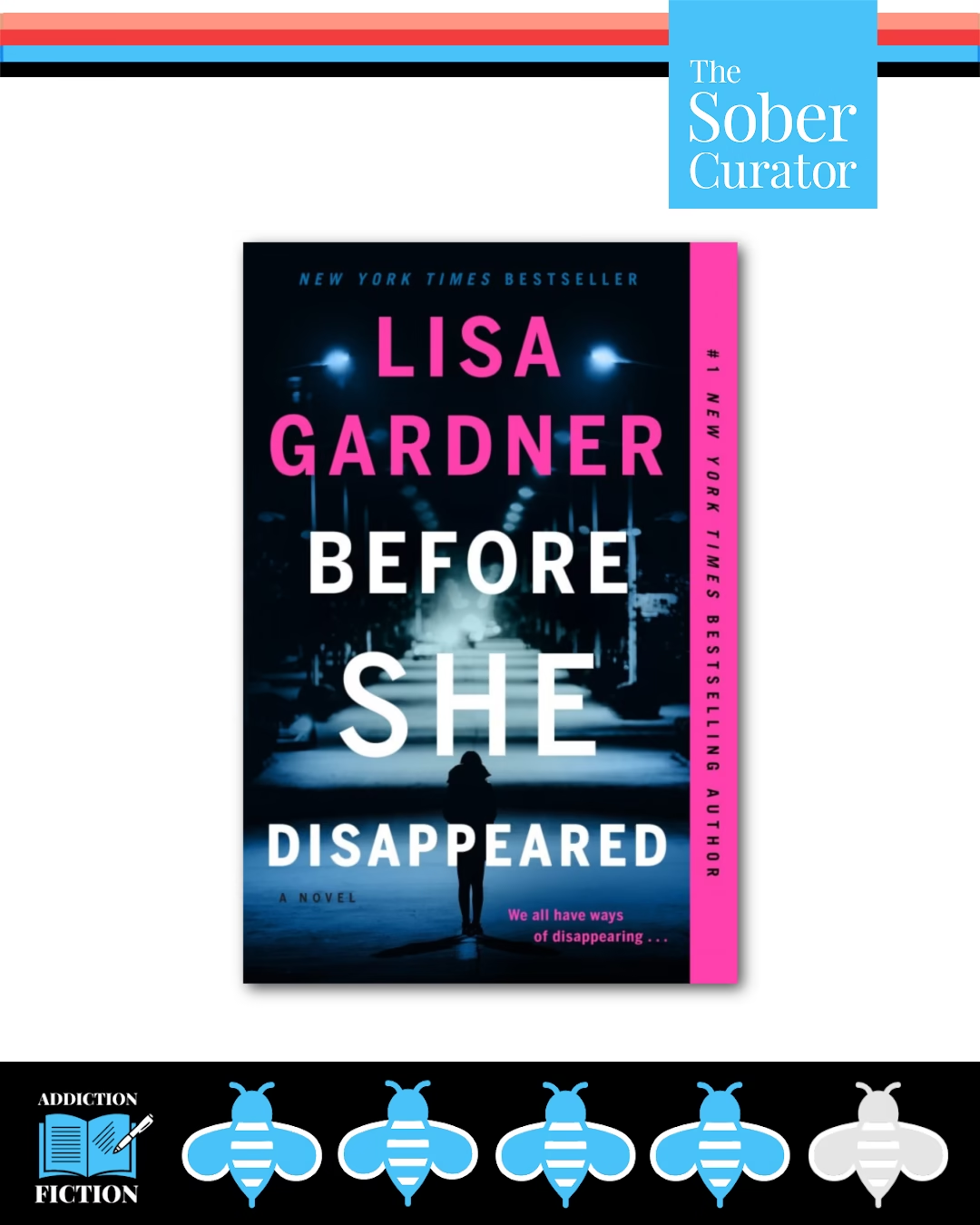

Between the Devil and the Deep Blue Sea — Jessica Guerrieri
(Sobees: 4) — Leah O’Connor must choose between the numbing comfort of her addictions and the risk of reclaiming her life. Guerrieri writes with compassion about the push and pull of recovery.
(Sobees: 3.5) — Lasky’s novel is an empathetic portrayal of inner turmoil, exploring the invisible fractures of people who seem “okay” on the surface.
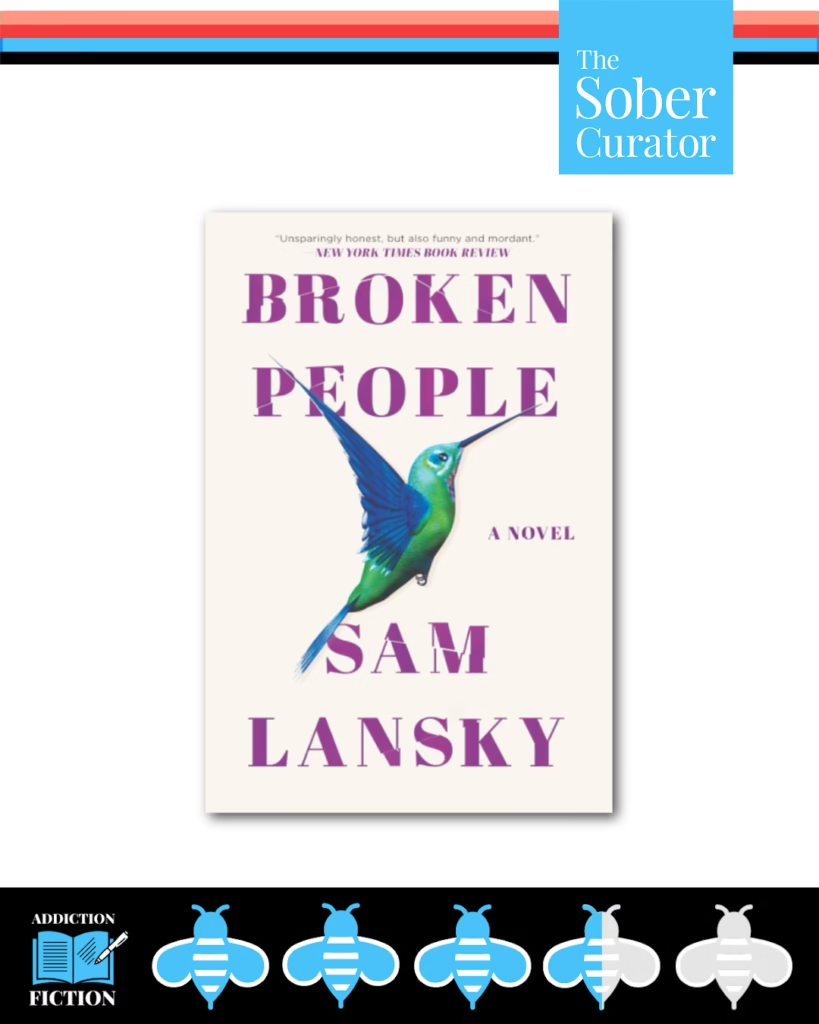
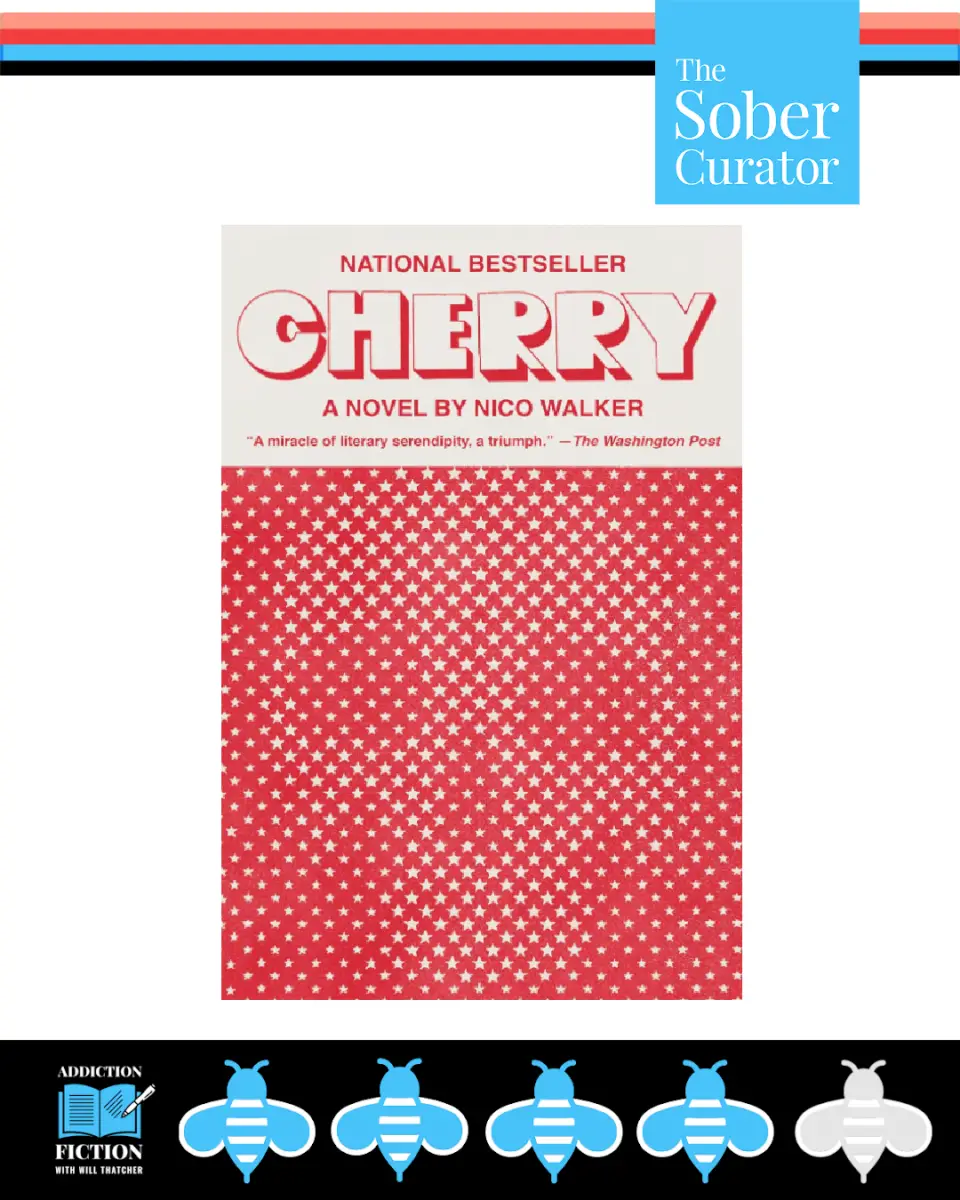
(Sobees: 4) — A brutal, intimate look at addiction and war. Walker’s semi-autobiographical narrative is relentless in its honesty and consequences.
Confessions of an English Opium-Eater — Thomas De Quincey
(Sobees: 3.5) — A seminal text on addiction’s allure and its cost, blending autobiography with vivid prose.
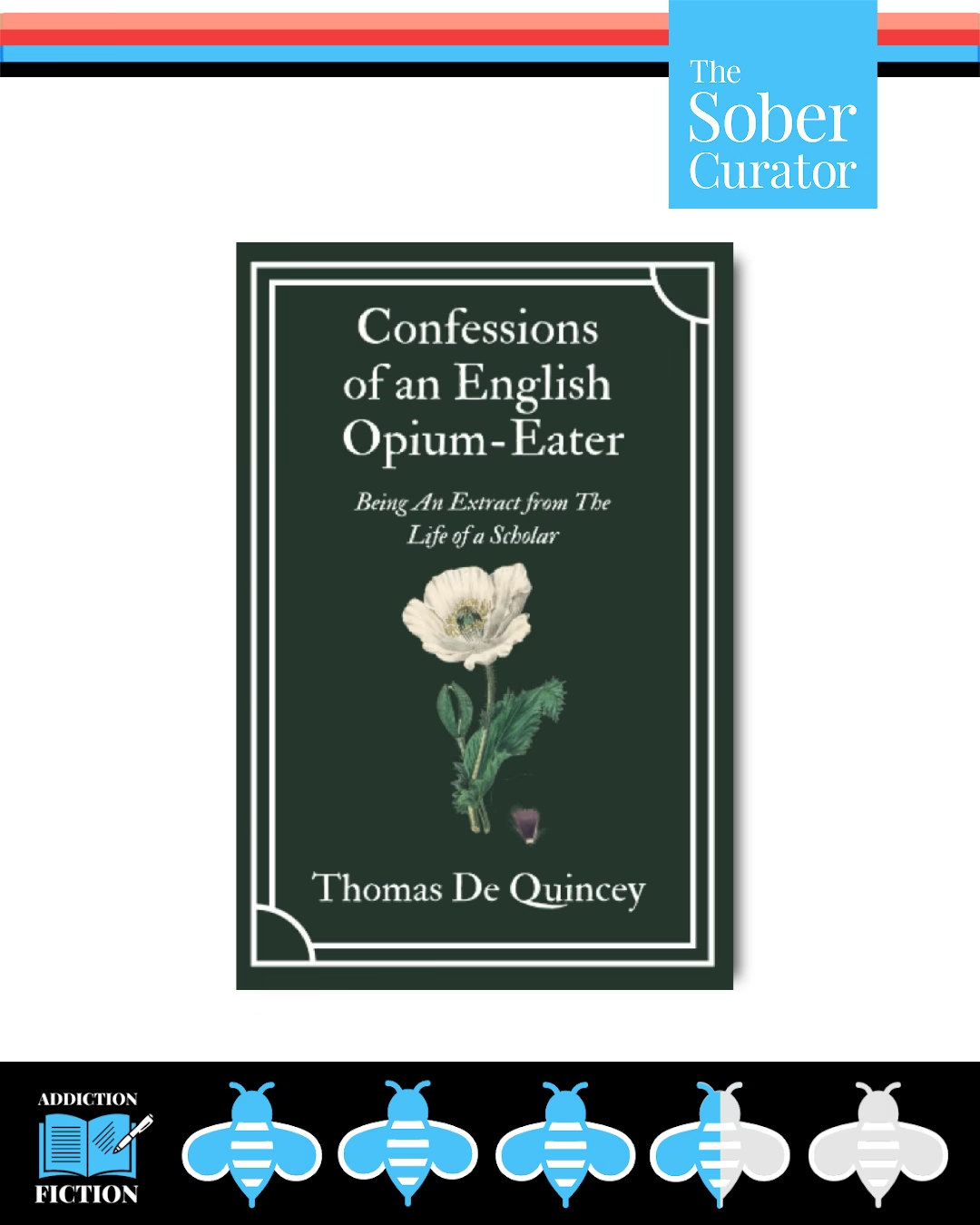
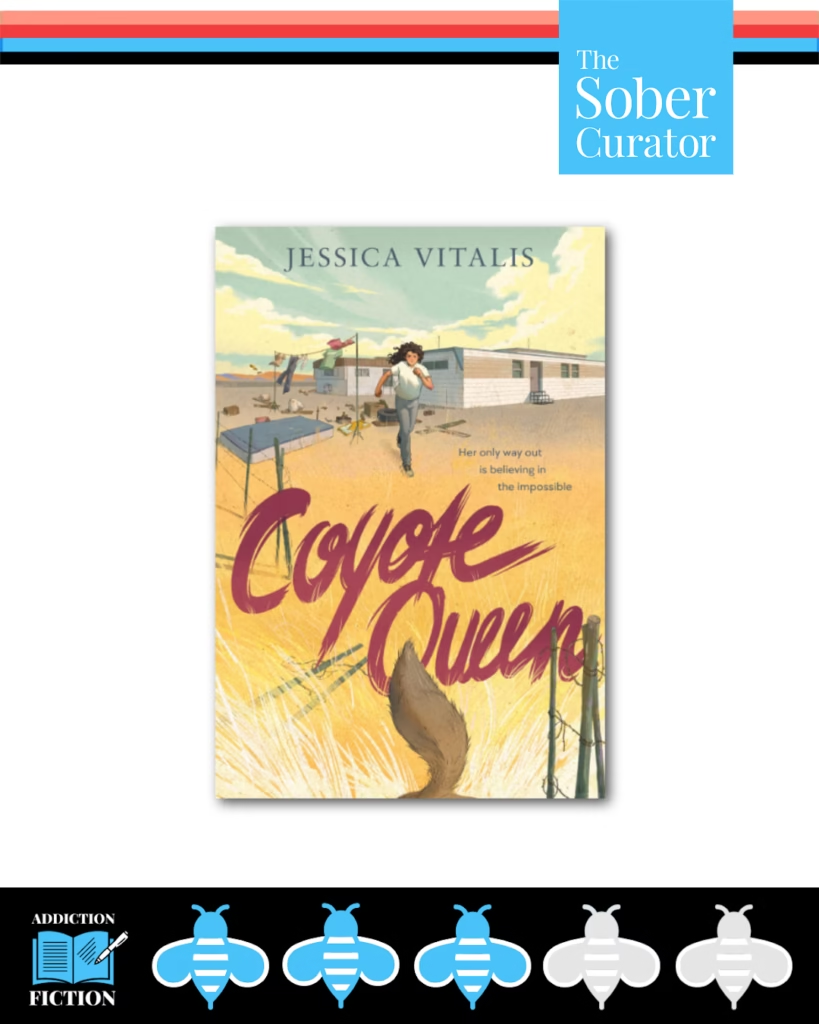
Coyote Queen — Jessica Vitalis
(Sobees: 3) — Myth and substance abuse intertwine in this evocative tale of one girl’s quest for healing, identity, and reclamation.
Demon Copperhead, a novel — Barbara Kingsolver
(Sobees: 4.5) — Though not always framed purely as “addiction fiction,” Kingsolver doesn’t shy away from addiction’s role in her protagonist’s life. A modern classic on systems, trauma, and survival.
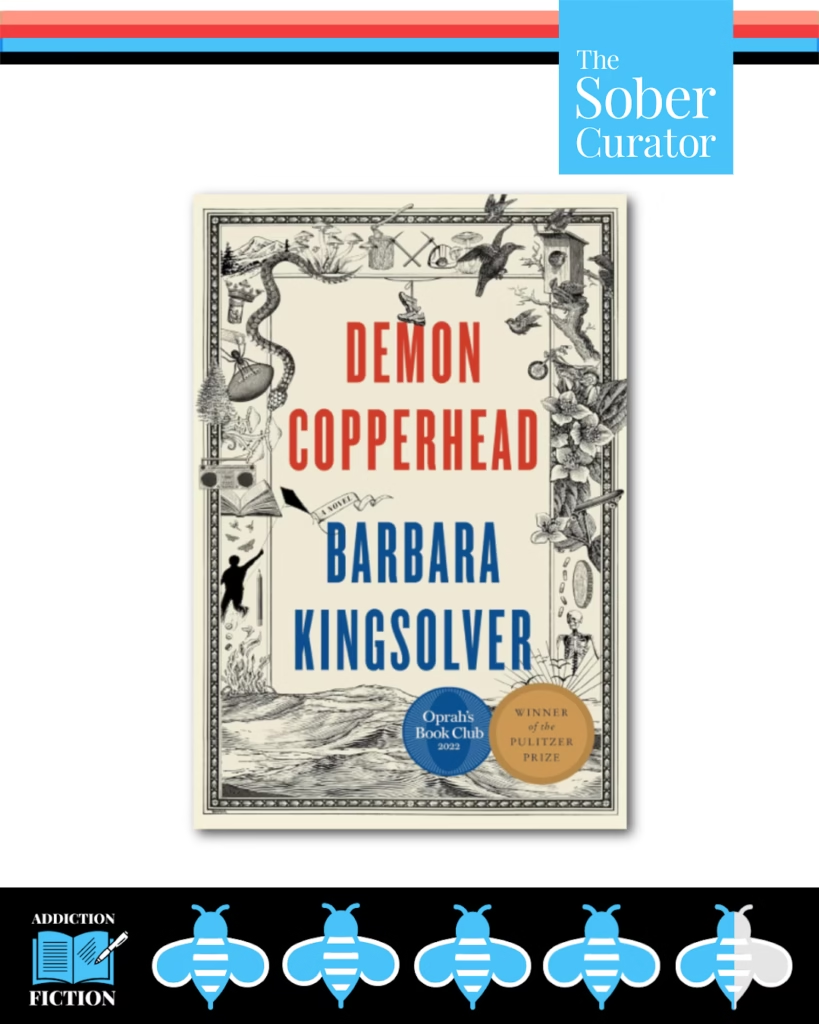
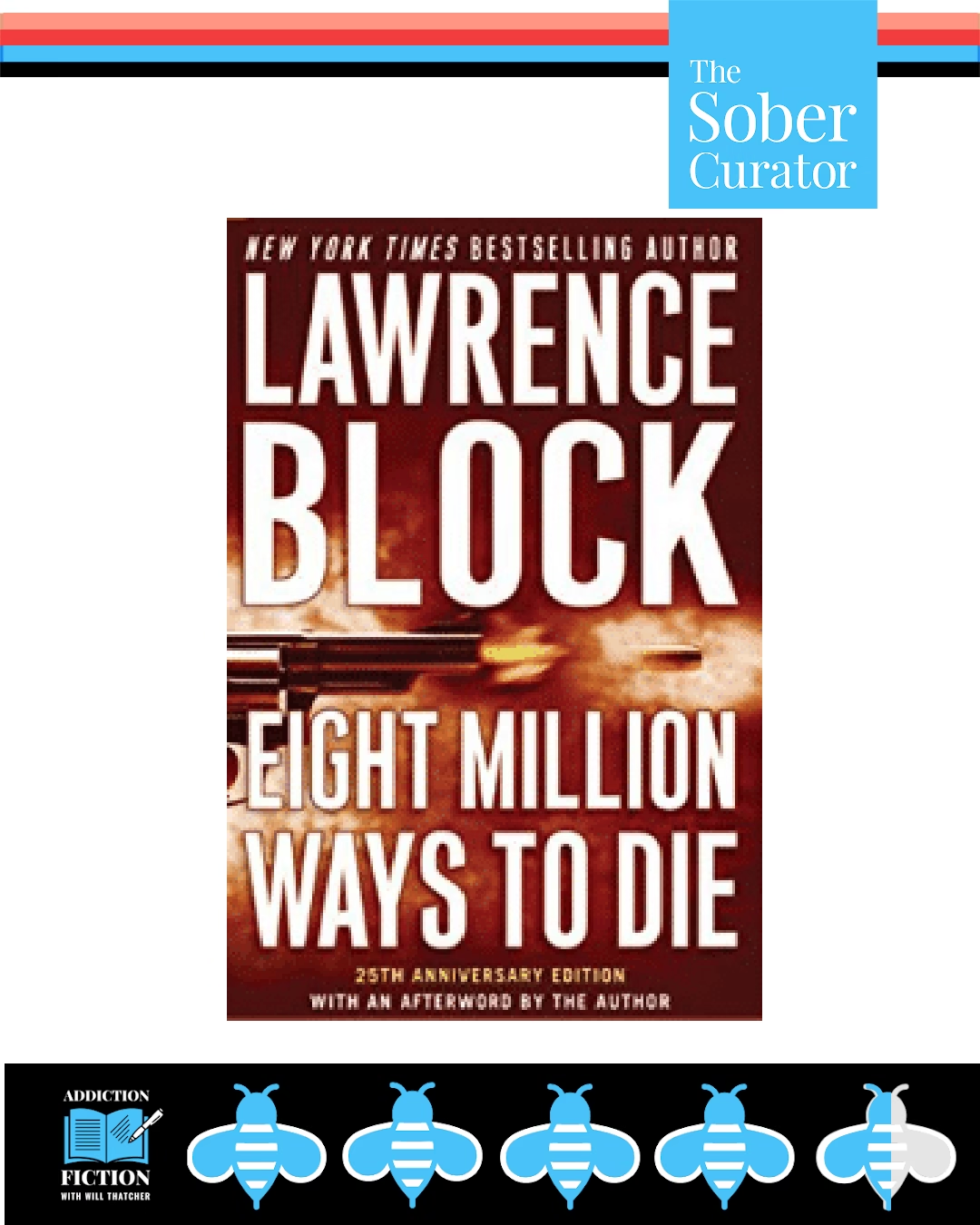
Eight Million Ways to Die — Lawrence Block
(Sobees: 4.5) — Block returns with a noir-tinged perspective on addiction and redemption — familiar territory handled with crisp dialogue and relentless pacing.
I’ve Never Done This Before — Claire Rudy Foster
(Sobees: 4.5) — A poignant story of reinvention, attachment, and personal limits. Foster explores recovery in the context of relationships and identity.
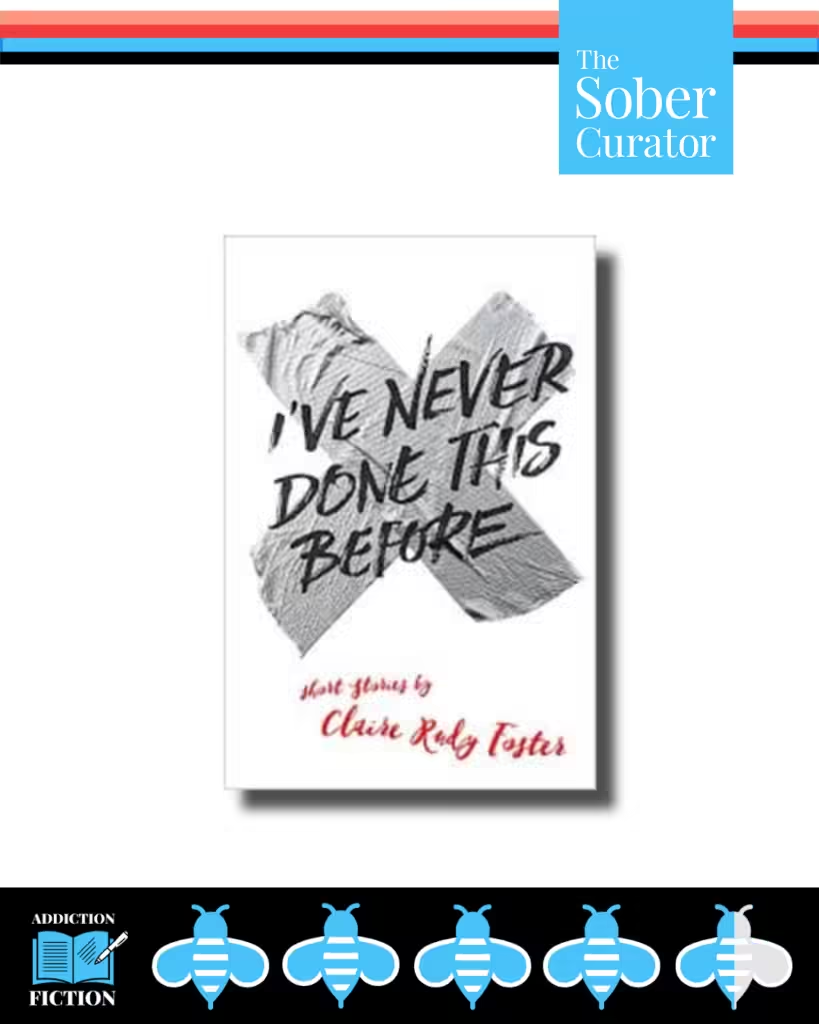
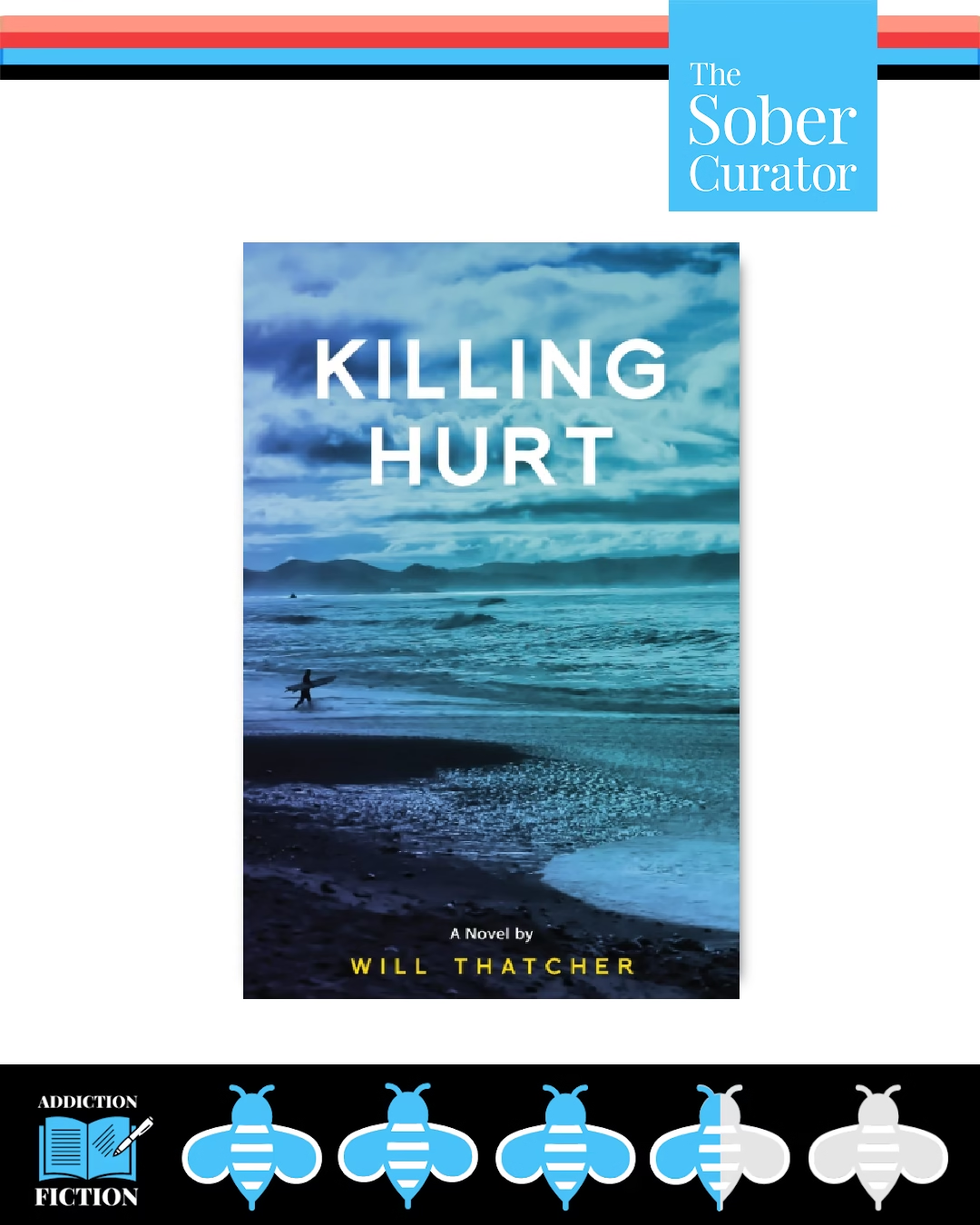
(Sobees: 3.5) — A deep dive into how pain, grief, and substance use intertwine. Thatcher’s narrative voice balances rawness with hope.
Margo’s Got Money Troubles — Rufi Thorpe
(Sobees: 4) — Debt, substance use, and fractured relationships collide. Thorpe’s work zeroes in on the collateral damage of addiction.
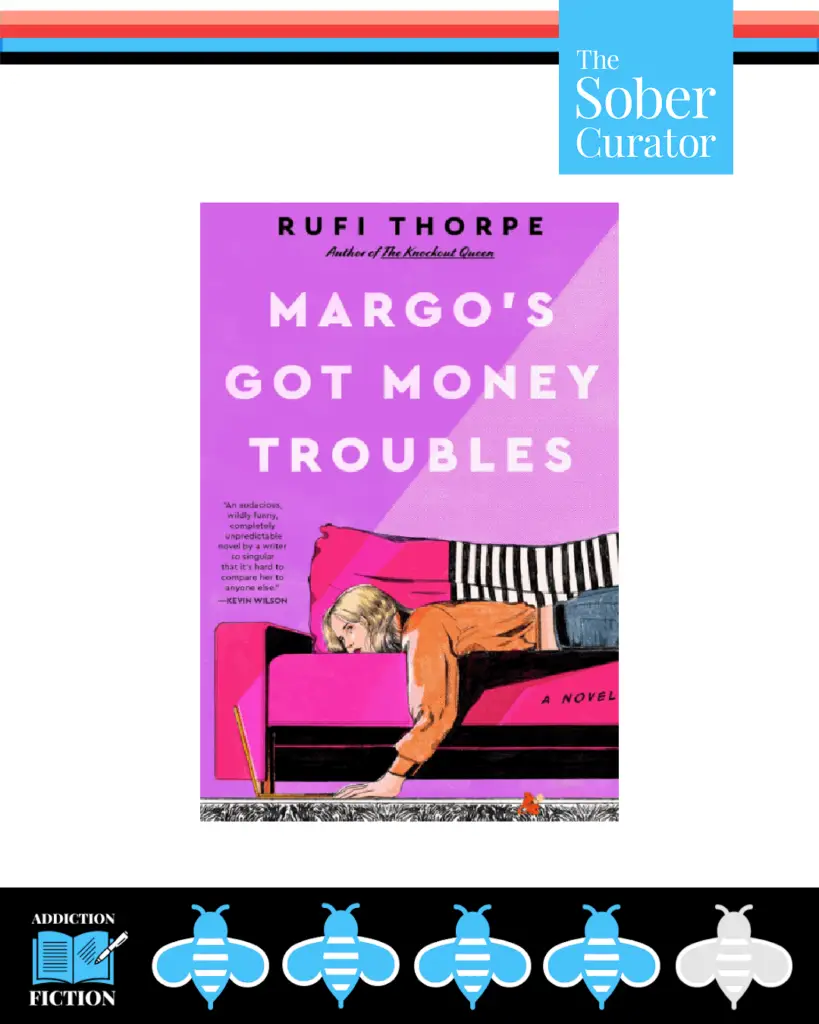
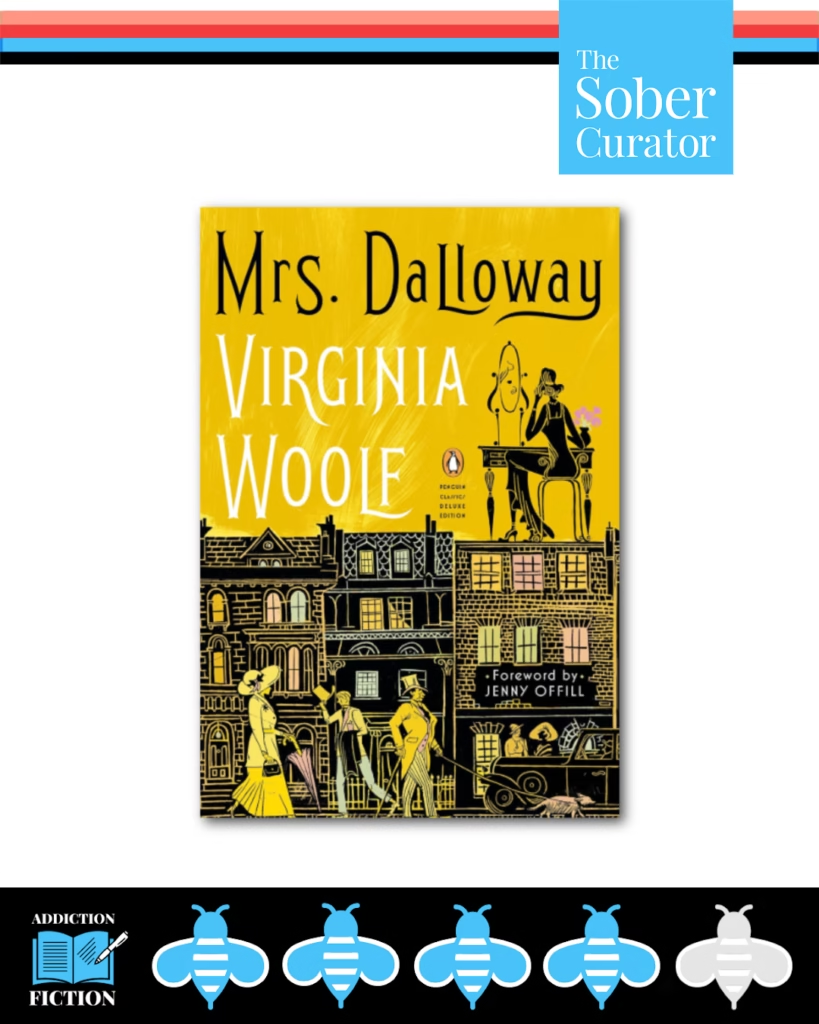
(Sobees: 4) — Woolf’s classic may not be “about addiction,” but its exploration of inner life, grief, and mental fragility resonates deeply with themes of dependency.
(Sobees: 4.5) — A gritty, unflinching tale of homelessness, survival, and addiction. Abraham doesn’t sugarcoat the edges; he pushes into them.
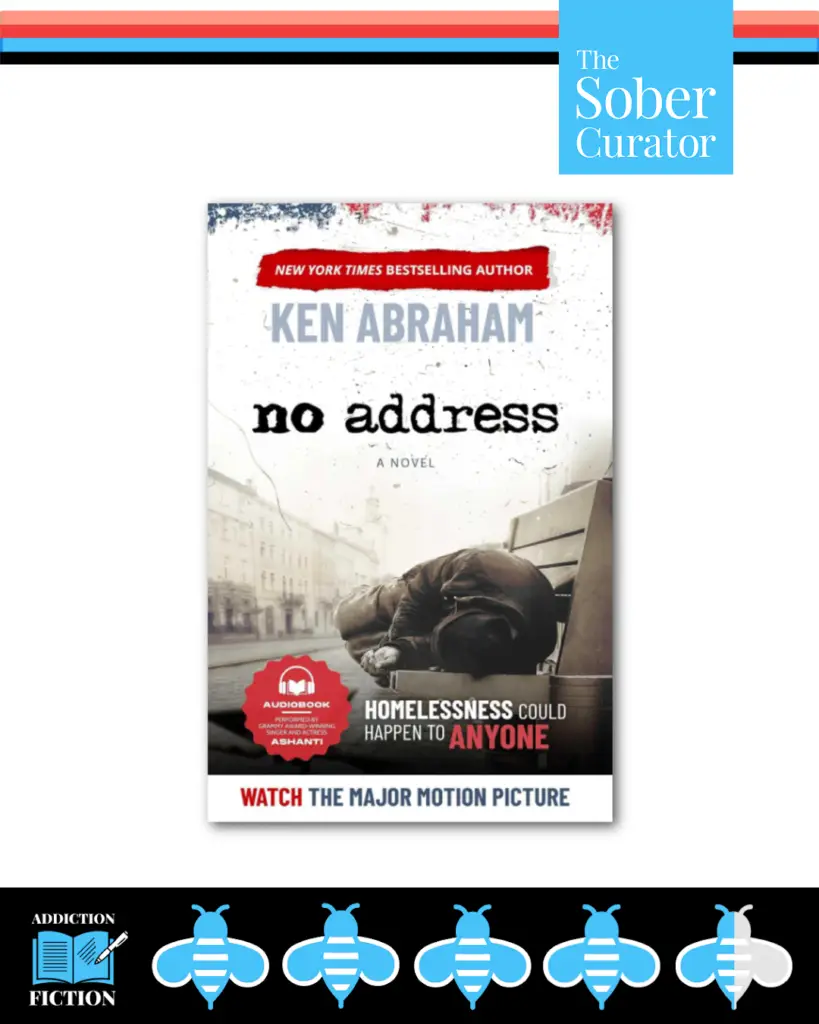
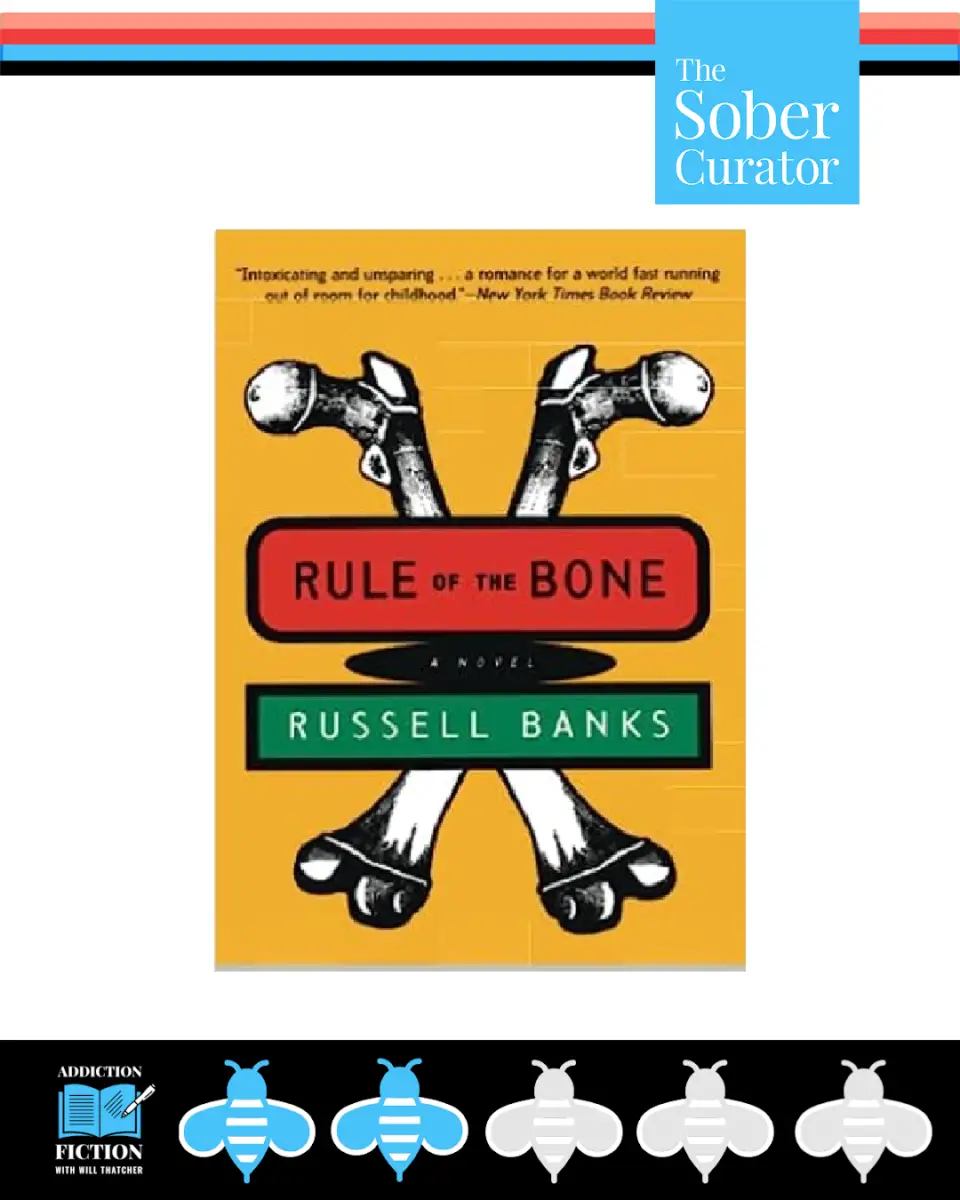
Rule of the Bone — Russell Banks
(Sobees: 2) — A young man on the edge, fractured family ties, brushes with addiction and violence — Banks’s novel is fearless in its scope.
Shine of the Ever — Claire Rudy Foster
(Sobees: 4.5) — Known for lush prose, Foster pairs vivid imagery with the messy, non-linear realities of addiction and growth.

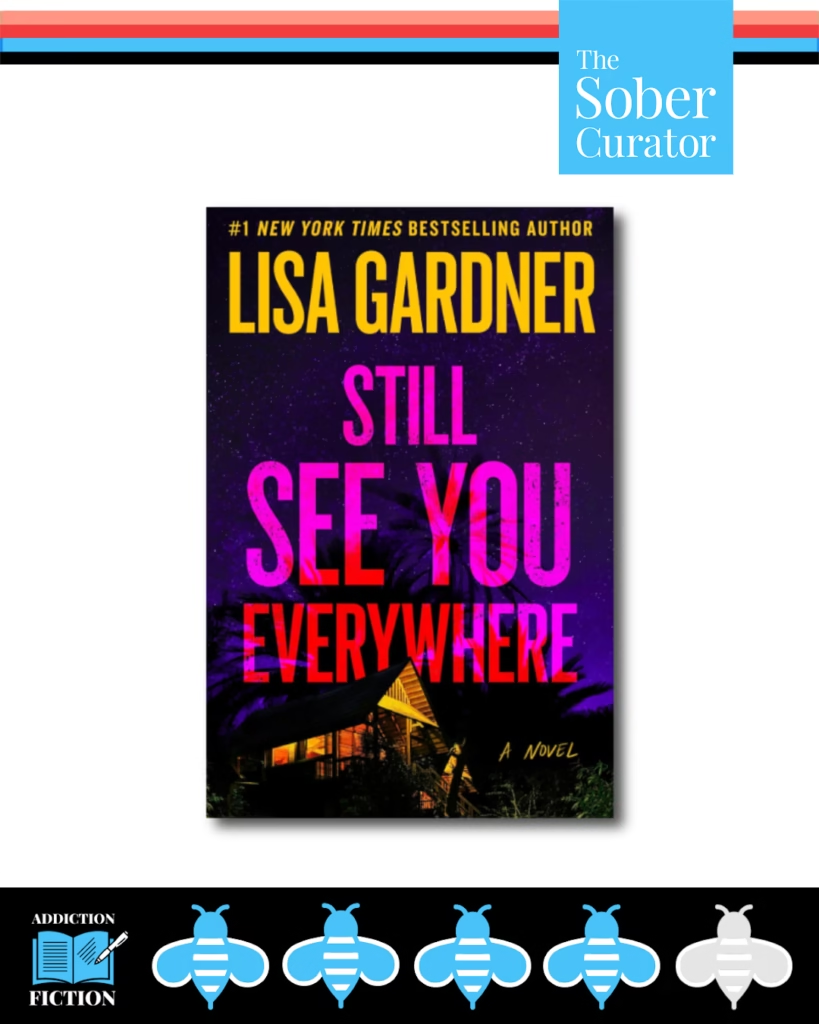
Still See You Everywhere — Lisa Gardner
(Sobees: 4) — A taut, emotionally resonant thriller. Gardner fuses suspense with inner conflict, making addiction more than a backdrop — part of the wound.
The Gin Closet — Leslie Jamison
(Sobees: 4) — A blend of memoir and fiction, Jamison’s voice is confessional and searching. She tackles secrecy, shame, and authenticity in sobriety.
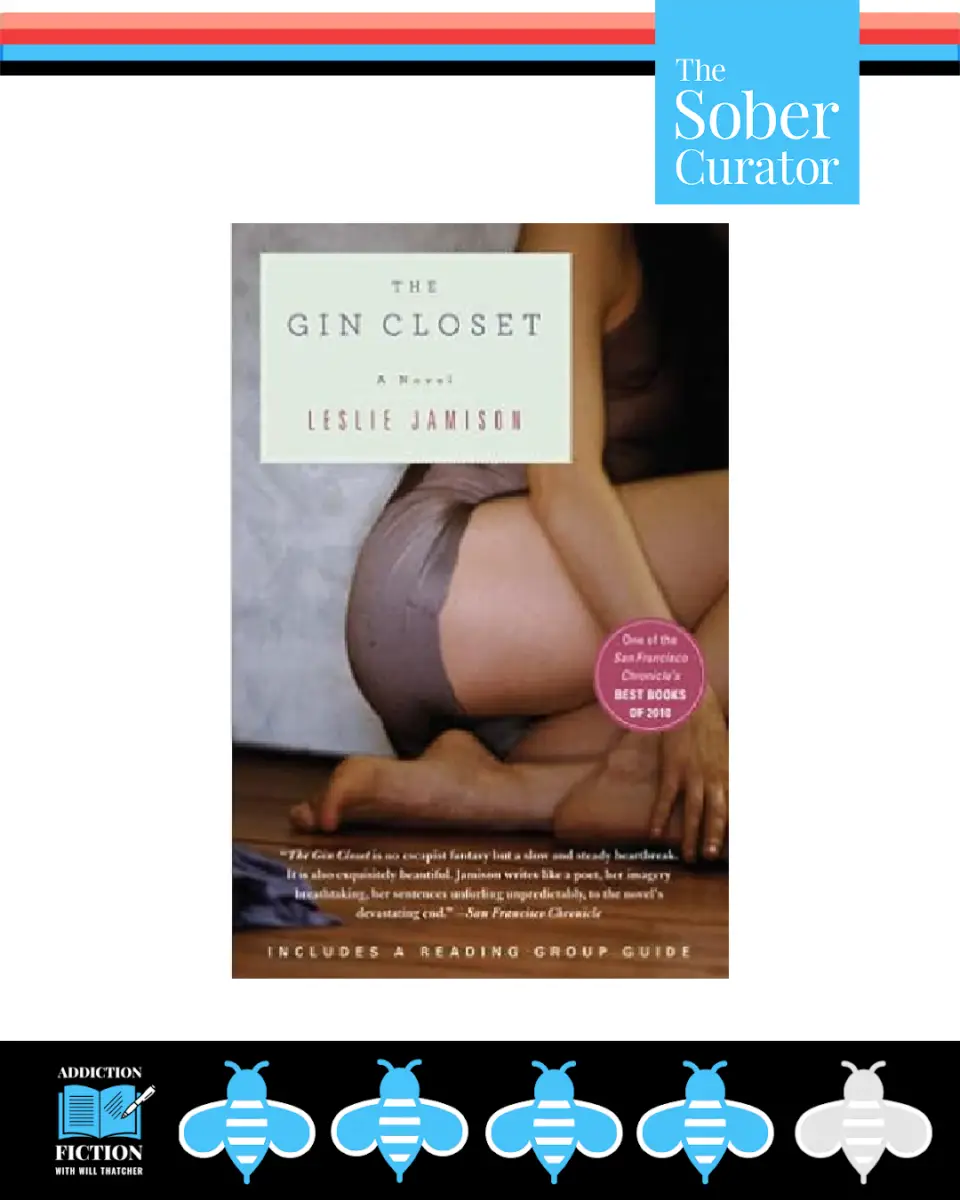
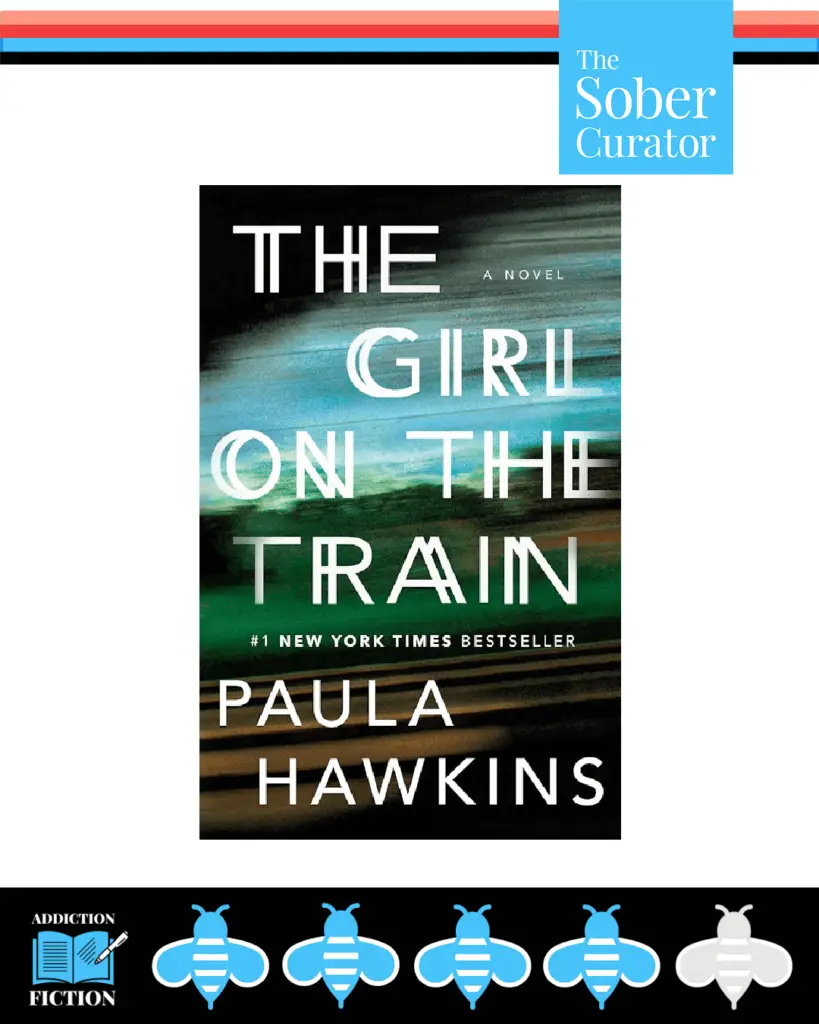
The Girl on the Train — Paula Hawkins
(Sobees: 4) — Though marketed as a psychological thriller, Hawkins leans into alcohol as a critical axis of her characters’ decisions and breakdowns.
The Lost Weekend — Charles Jackson
(Sobees: 4.5) — An enduring classic that laid the foundation for addiction literature — a raw portrait of alcoholism’s grip.
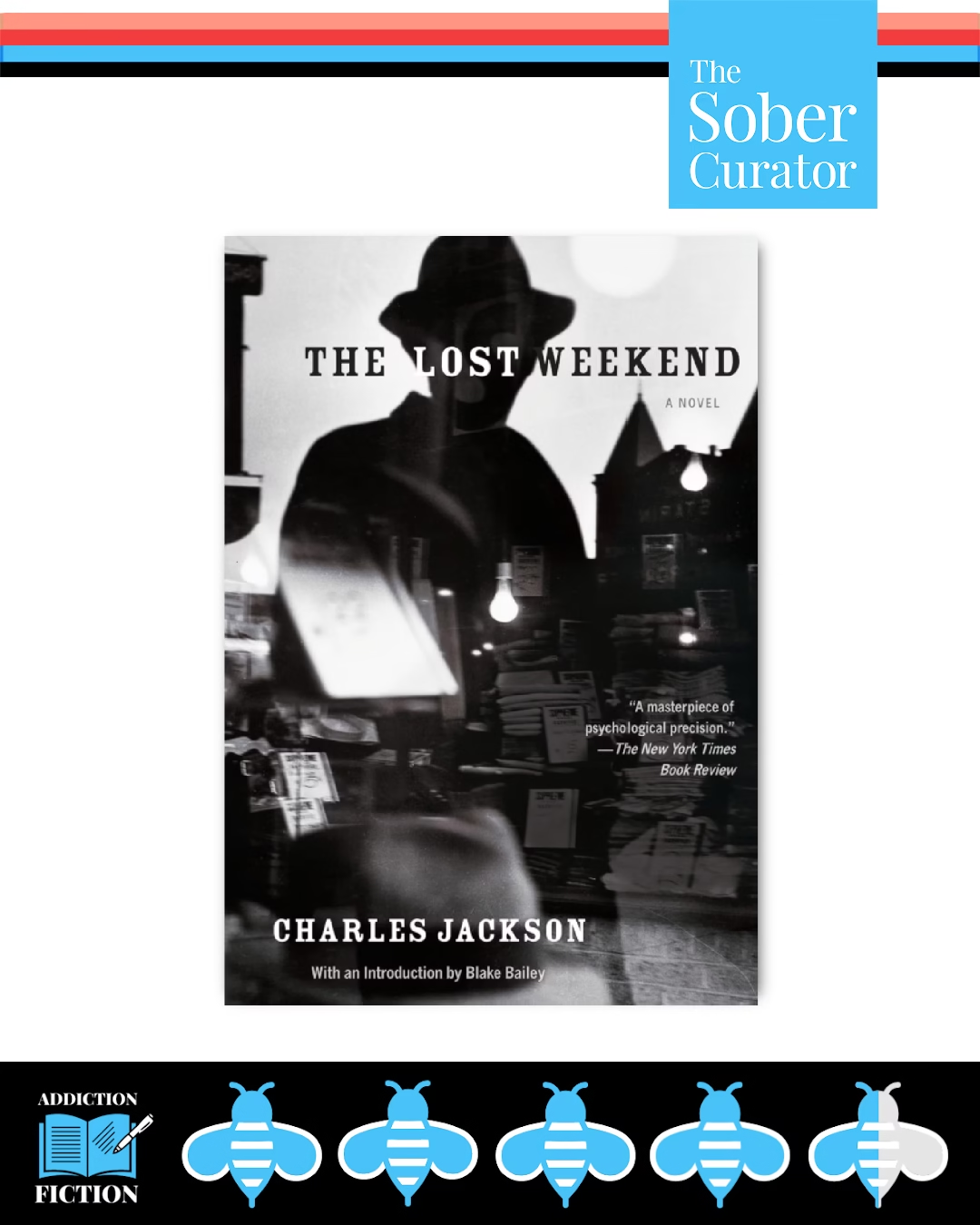
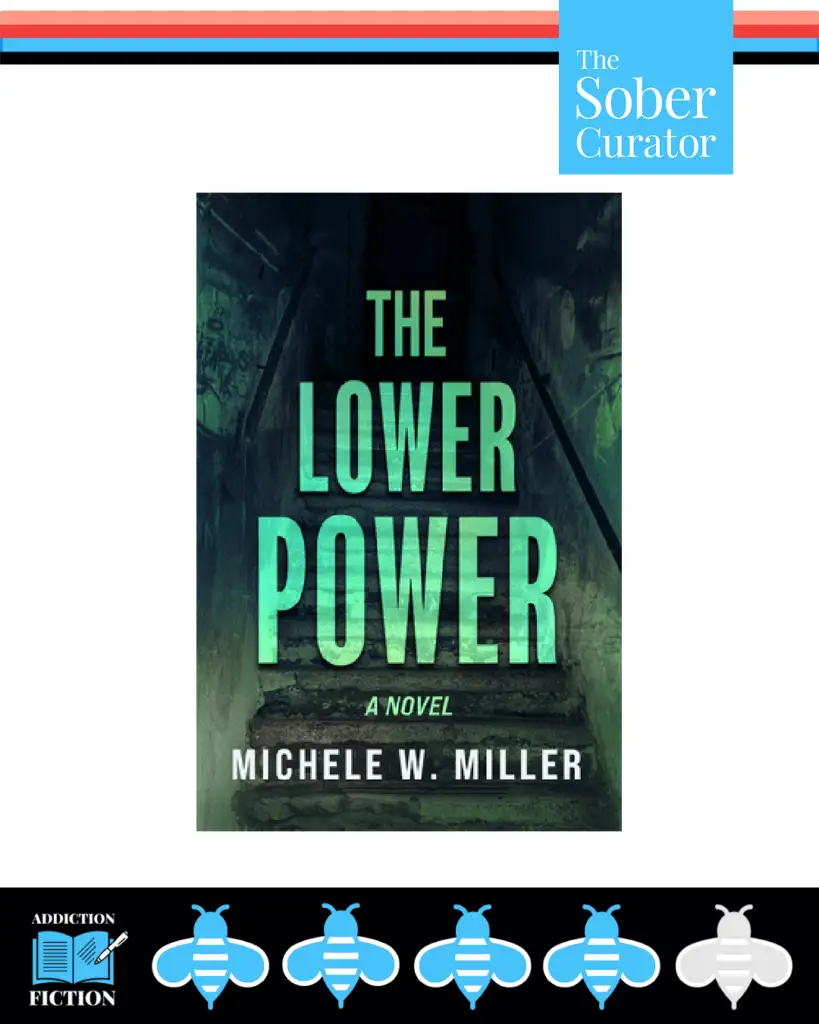
The Lower Power — Michele W. Miller
(Sobees: 4) — A speculative twist on addiction: imagine a new drug that rewires the brain. Miller makes the metaphor literal — and terrifying.
The Rain Artist — Claire Rudy Foster
(Sobees: 4) — A lyrical exploration of relapse and self-discovery, cementing Foster as a unique voice in addiction fiction.
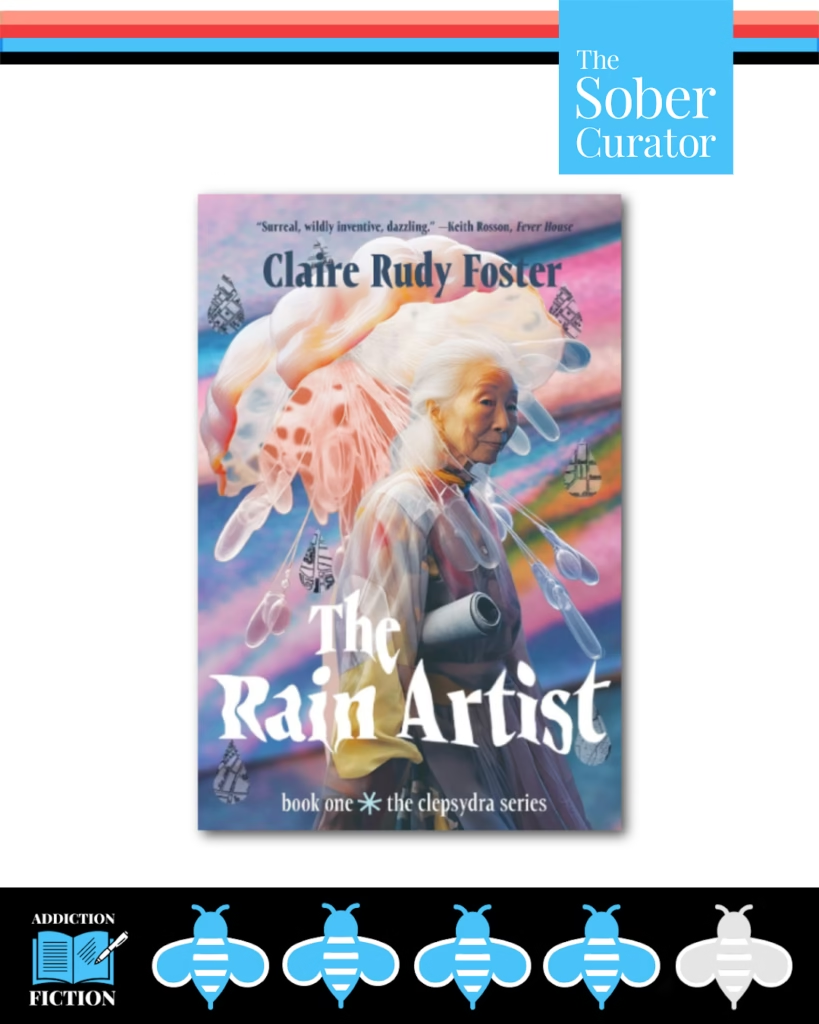
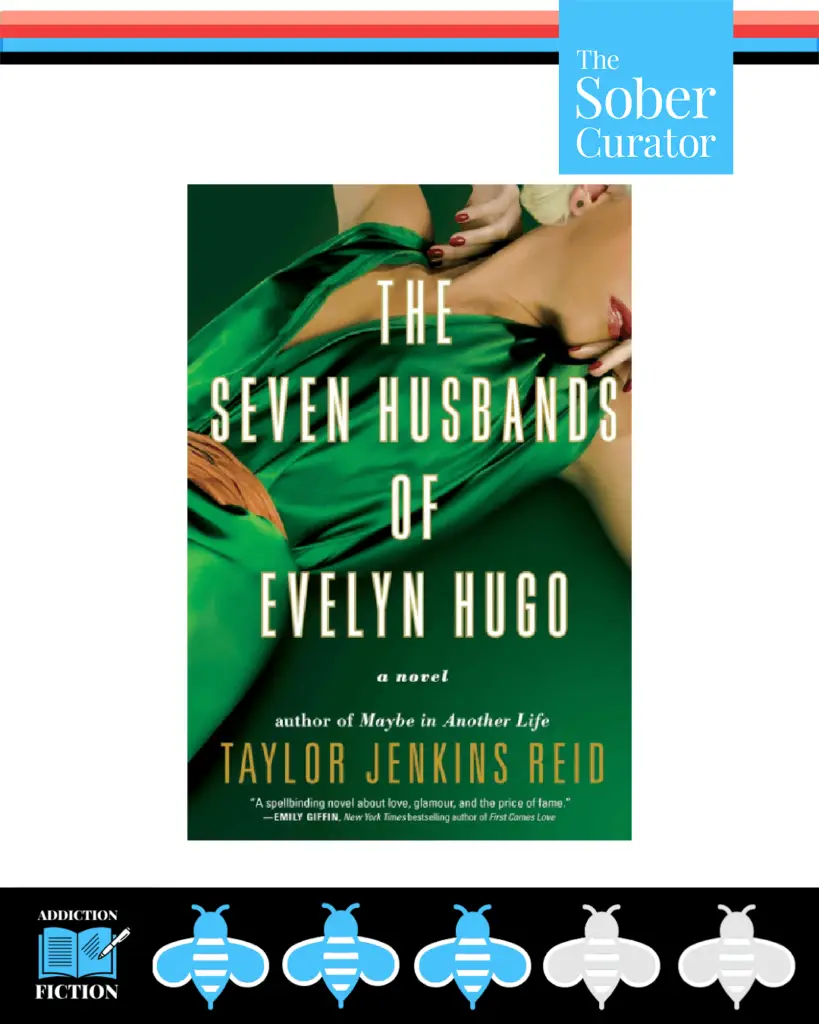
The Seven Husbands of Evelyn Hugo — Taylor Jenkins Reid
(Sobees: 3) — Though not exclusively centered on addiction, Reid weaves in substance use, secrecy, and performance—adding depth to her larger-than-life characters.
The Thirteenth Step: Zombie Recovery — Michele W. Miller
(Sobees: 4) — A genre mash-up: zombies, apocalypse, and addiction. Miller uses horror tropes to explore dependency, power, and community.
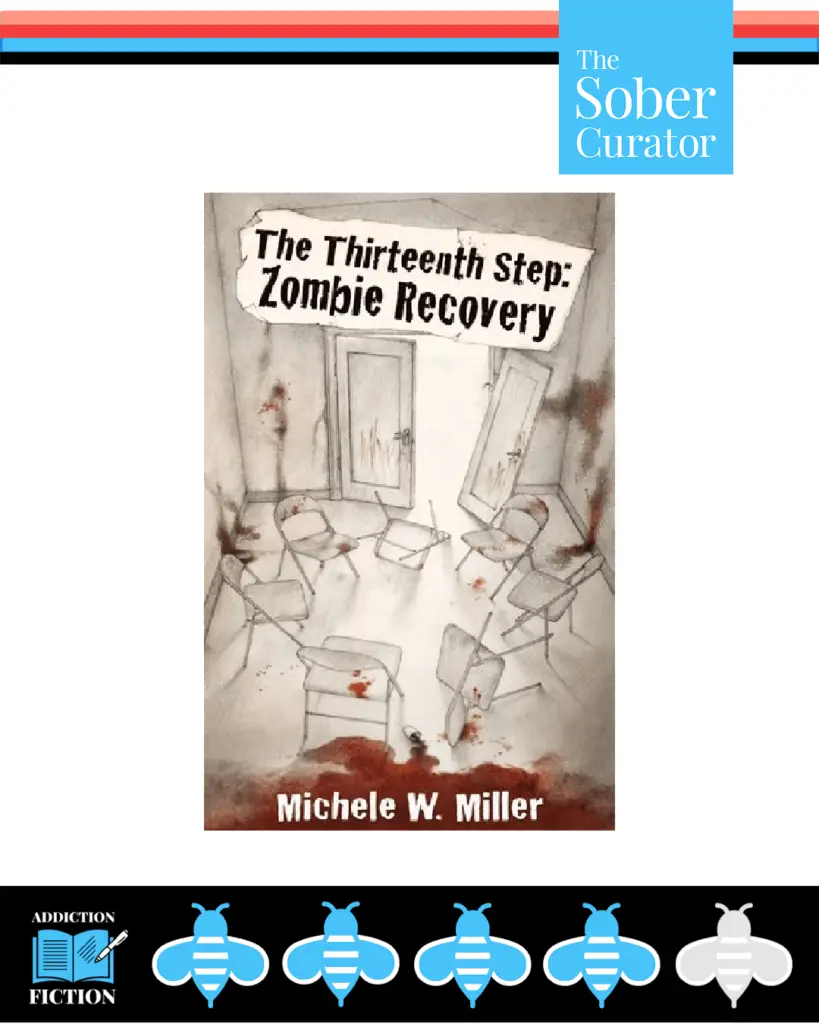

(Sobees: 4) — Harsh, relentless, culturally saturated. Welsh’s novel remains one of the most unforgettable portrayals of addiction’s raw edges.
(Sobees: 4) — A surreal, modern addiction horror-novel approach. Mulligan’s style forces you to feel the chaos as much as read it.
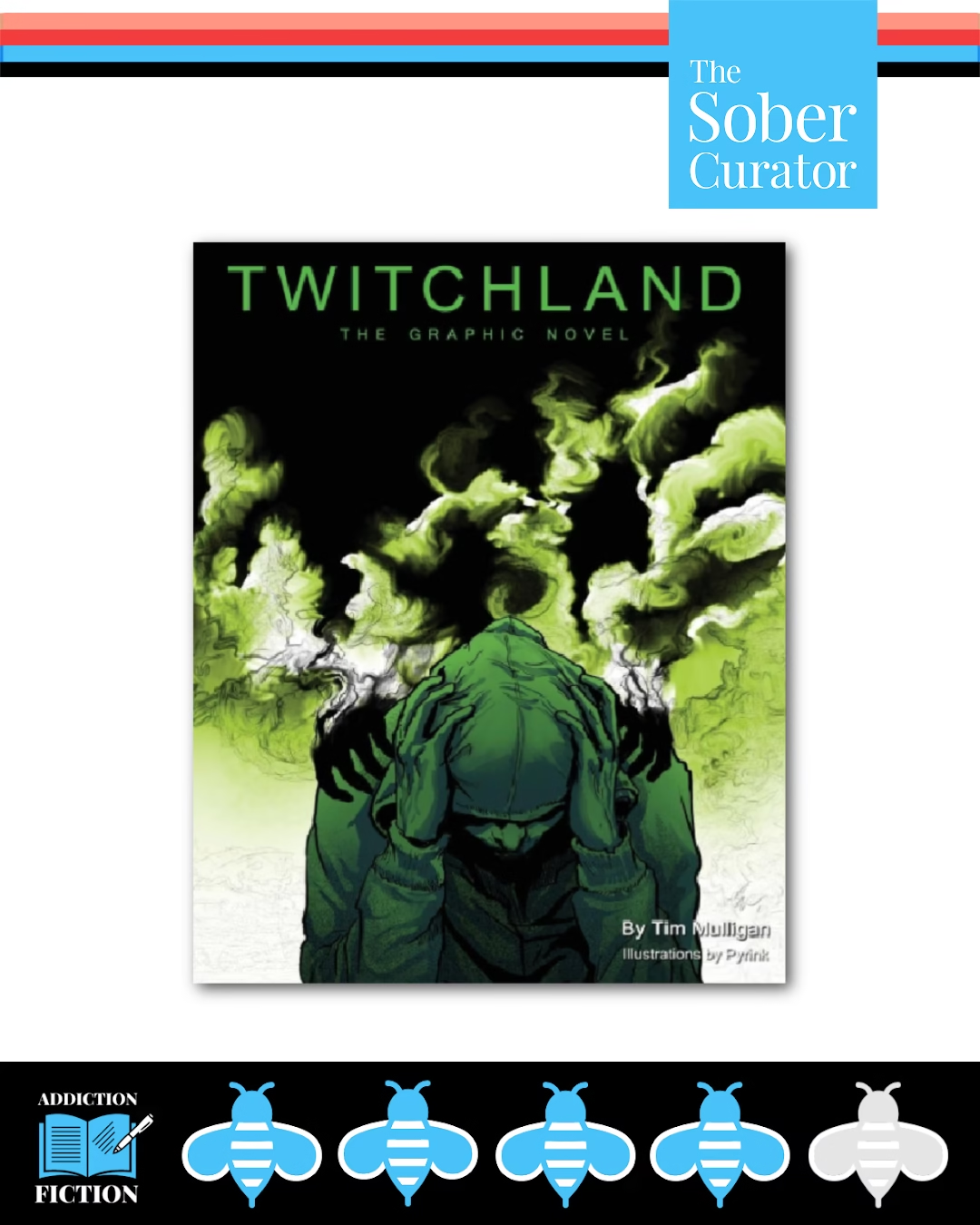
These 27 Addiction Fiction books demonstrate just how powerful storytelling can be in helping us understand the complexities of substance use, recovery, and resilience. Each novel on this list offers a different lens — some gritty and raw, others hopeful and redemptive — but all of them deepen our empathy and awareness. Whether you’re on your own sober journey, supporting someone you love, or simply drawn to compelling narratives, these books invite you to experience transformation through the safety of fiction. Check back often as we continue to review and add more titles to this growing collection.
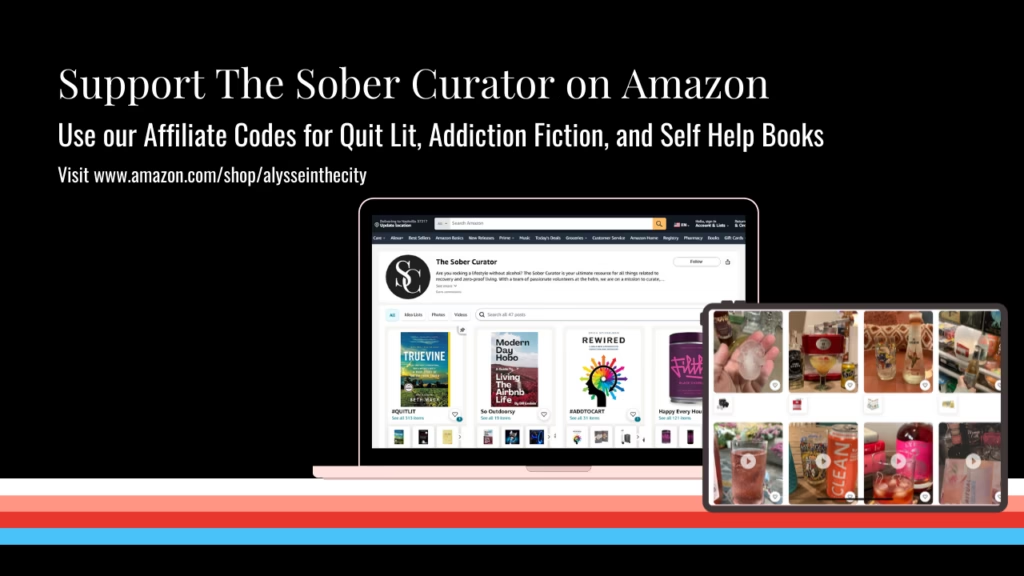
Do you love #QUITLIT? Next time you buy a book, shop our Amazon storefront to support The Sober Curator. We have curated lists for #QUITLIT, Addiction Fiction, and Self Help books.
Affiliate Link Disclosure
At The Sober Curator, we are committed to curating the best resources for those living a sober lifestyle. Some of the links on our website, including links to books on our Amazon Storefront, are affiliate links. This means that if you purchase a book through one of our links, we may earn a small commission at no additional cost to you.
By shopping through these links, you are supporting The Sober Curator’s mission to provide valuable content and resources for the recovery community. Additionally, purchasing through Bookshop.org helps support local, independent bookstores.
We only recommend books and products that align with our values and may benefit our readers. Thank you for your support!
If you have any questions about our affiliate partnerships, feel free to contact us.
Your Go-To Guide for All Things Recovery & Sober Living
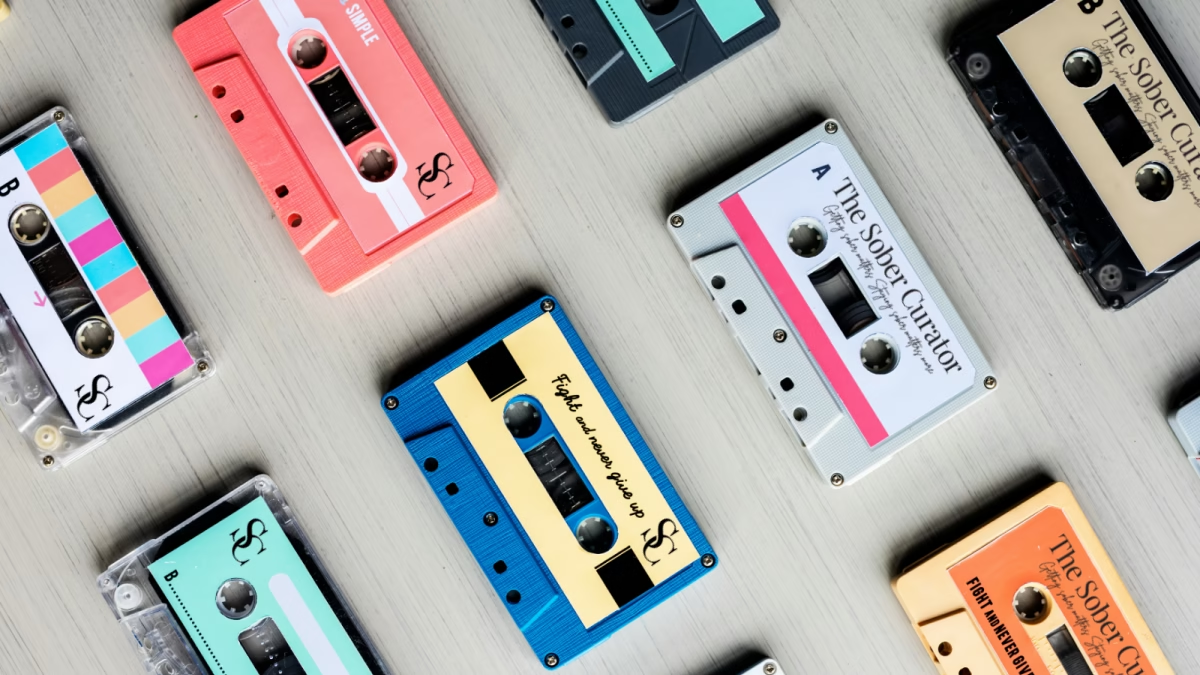
The Sober Curator’s PILLAR Content Hub is your one-stop guide for sobriety resources, addiction recovery resources, and sober living tips. From non-alcoholic drink guides to sober travel, entertainment, and lifestyle inspiration, our curated cornerstone articles are regularly updated to keep you informed, inspired, and connected. Whether you’re in recovery, sober curious, or supporting someone you love, this hub offers the sober lifestyle guide you’ve been looking for.
All the cool kids go to rehab…

Resources Are Available
If you or someone you know is experiencing difficulties surrounding alcoholism, addiction, or mental illness, please reach out and ask for help. People everywhere can and want to help; you just have to know where to look. And continue to look until you find what works for you. Click here for a list of regional and national resources.




